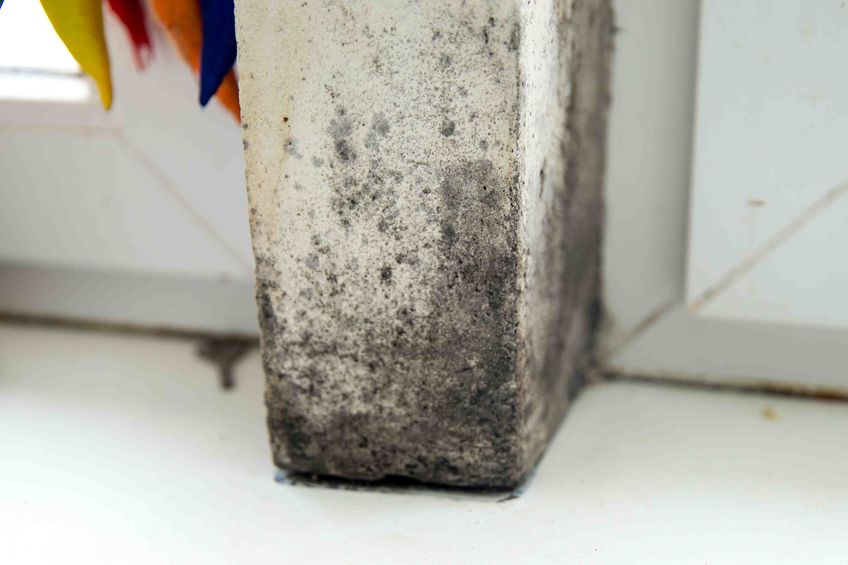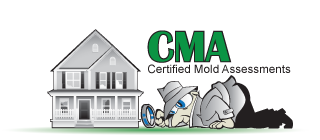It is important to have an idea of what causes mold to grow in basements so that you can prevent its occurrence and save money that you would have otherwise spent on mold remediation and costly repairs. This article looks at some of the reasons why mold grows in basements.

- Exterior Flooding
A wet basement is a common problem that can be caused by heavy rainfall, or melting snow that can oversaturate the ground around your home. When water is dumped from the roof directly to the downspouts, it can start to pool creating a powerful force that can break through basement waterproofing systems. Cracks in the foundation can make things worse as it causes basement flooding. Mold may start to grow in the space between your walls and the foundation and may take a while before you figure out the hidden mold. Professionals can determine whether the mold is growing behind your drywall by drilling a hole and sticking a tool that tests for mold.
- Plumbing Problems
Many drains, faucets, and pipes for home systems are often located in the basement. They are installed for a variety of purposes such as washing machines, general basement drainage, a bathroom, or a dryer. Any water leakages or poor drainage systems can create a recipe for mold growth. Clogged drains and leaking pipes can cause water overflow to other areas of your basement leading to mold growth. Stagnant water on the floor can make the basement damp and humid, which creates a perfect environment for mold to grow.
- Wood and Fabrics
Mold requires a source of food to thrive, therefore, wood and fabrics can facilitate mold growth in the basement as they are more vulnerable to mold contamination. Wood found in the basement can be in the form of furniture, flooring, and framing while fabrics can be found in upholstered chairs, couches, stored clothing, and padded desk chairs. Since fabrics are porous, they easily trap moisture, creating pathways for mold to bore into and start to grow.
If mold is left to spread on unfinished wood framing, it can break down the material leading to structural problems in the basement. Wood flooring may be affected by similar conditions if mold grows under the wood planks, which can make it difficult to discover until it has caused extensive damage.
- HVAC Ducts
Most HVAC ducts that run through basement walls are likely places where mold can appear. It is important to check the drip pan regularly as it can be breeding for basement mold if it is left uncleaned for too long. Condensation can form on the outside and inside of the HVAC ducts providing a source of moisture that accelerates mold growth. This can cause a significant problem in various sections of the HVAC system. Since the basement lacks good ventilation, the humid atmosphere makes it difficult for condensation to dry as quickly as it needs to, making it vulnerable to mold.
- Poor Ventilation
Lack of enough vents in a basement causes a decrease in airflow completing one of the requirements for mold growth. When moisture combines with restricted air circulation, it leads to a damp and humid environment that makes it easier for mold to thrive. Some of the signs of poor ventilation in the basement include strong odors that do not dissipate, discolored floor, frosted-looking glass windows, and early signs of rust stains on metallic pipes. Most of these signs occur when poor ventilation combines with excess moisture. Proper ventilation is vital as it helps get rid of excess moisture that may cause mold growth in the bathroom.
The best way to get rid of a mold problem in a basement is to understand the source of water problems and the mechanisms that allow it to find its way in the basement. All the above causes can explain the reason why you are experiencing mold problems in your basement. Taking necessary measures to prevent the growth of mold in the basement can save you a lot of money on expensive costs of repair and mold remediation in the future.
